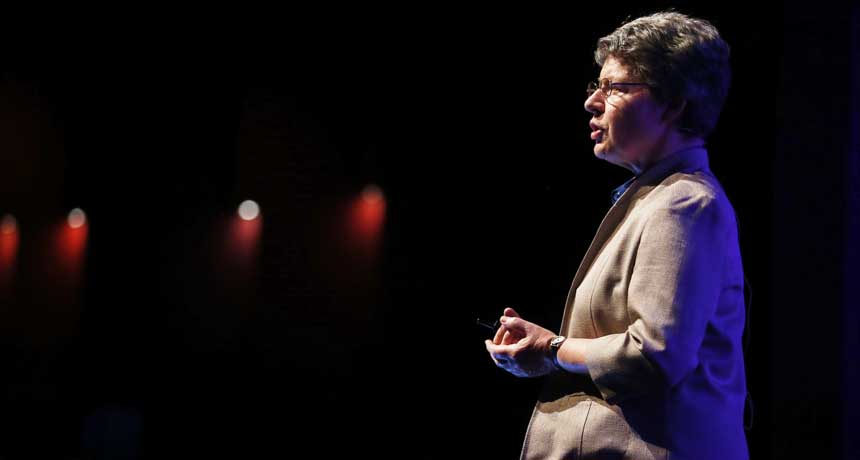Astrophysicist Dame Jocelyn Bell Burnell Given $3 Million For Fifty Year Old Discovery

After being dismissed from receiving a Nobel Prize fifty years ago, the astrophysicist Dame Jocelyn Bell Burnell has finally received the credit that she deserved.
Burnell has received the prestigious Special Breakthrough Prize in Fundamental Physics for her work in discovering the existence of pulsars back in 1967 and her later contributions to the field of science. According to NASA, pulsars are “rotating neutron stars observed to have pulses of radiation at very regular intervals that typically range from milliseconds to seconds.” Only a small number of scientists had received the Special Breakthrough Prize previously; one such notable recipient of this award was Sir Stephen Hawking.
Burnell had also received three million dollars with the prize, however, she had decided to instead donate the money to help minorities and refugees become scientists as well.
When asked about why she’s donating her winnings Burnell told BBC News, “I don’t want or need the money myself and it seemed to me that this was perhaps the best use I could put to it.”
The discovery of pulsars launched a new era of astronomy when Jocelyn Bell Burnell noticed this “peculiar signal” in 1967. Careful observation of a pulsars rotation and the area around it led to the first confirmed exoplanets. #PulsarWeek https://t.co/zPgF4va3gu pic.twitter.com/DITUkscOST
— NRAO (@TheNRAO) August 9, 2018
Burnell was a graduate student working with astronomer Antony Hewish at the University of Cambridge at the time of the discovery of pulsars. She should have received the rightful credit for the discovery. However after the discovery of pulsars was announced, Hewish along with Sir Martin Ryle had received the 1974 Nobel Prize in Physics – not Burnell.
Jocelyn Bell Burnell is finally getting the recognition she deserves. pic.twitter.com/exp5tPz0SC
— SYFY (@SYFY) September 20, 2018
Despite the snub, Burnell later went on to be the president for the Royal Astronomical Society, the Institute of Physics and the Royal Society of Edinburgh.
Burnell is currently a visiting professor at Oxford University.




